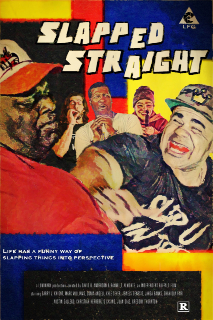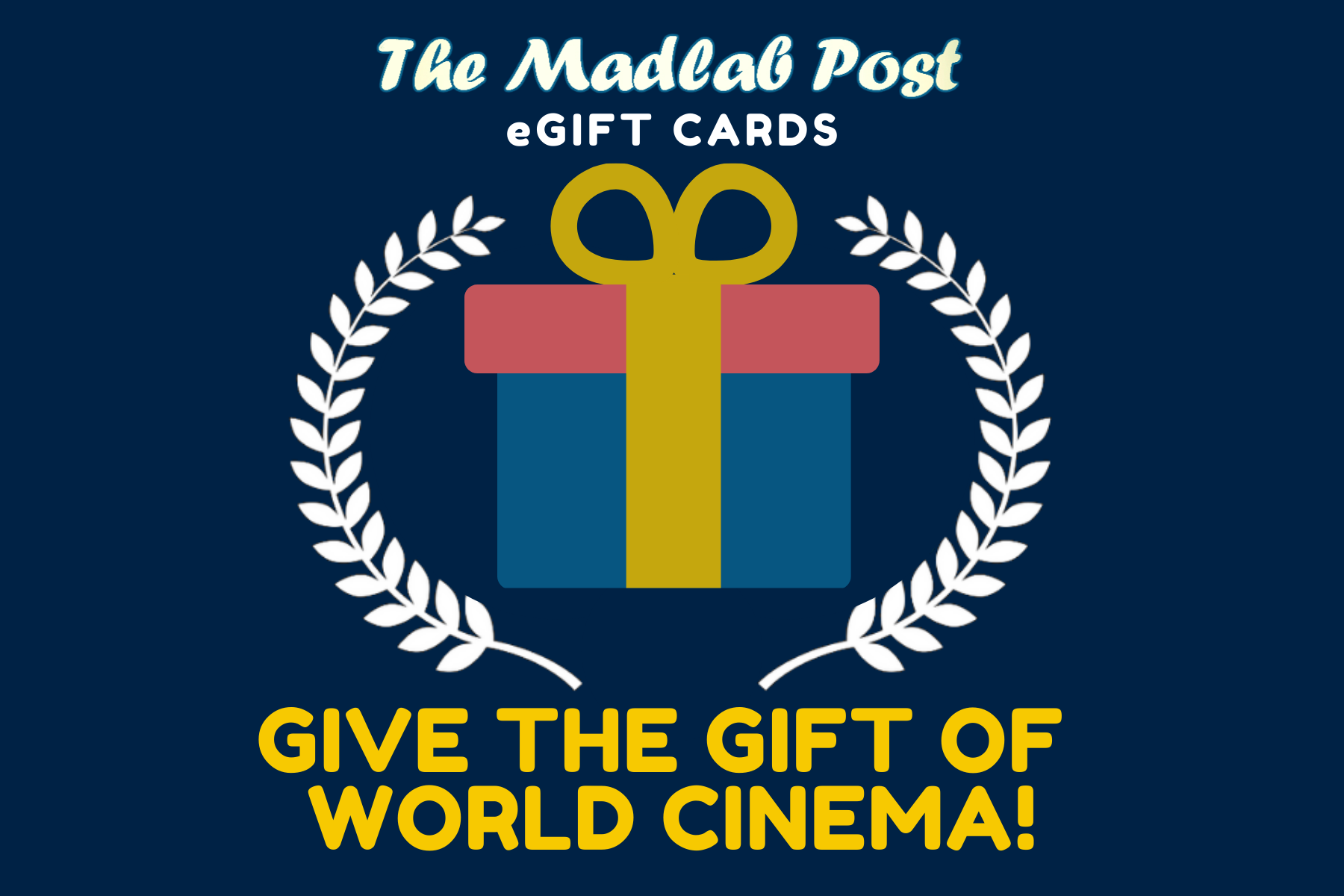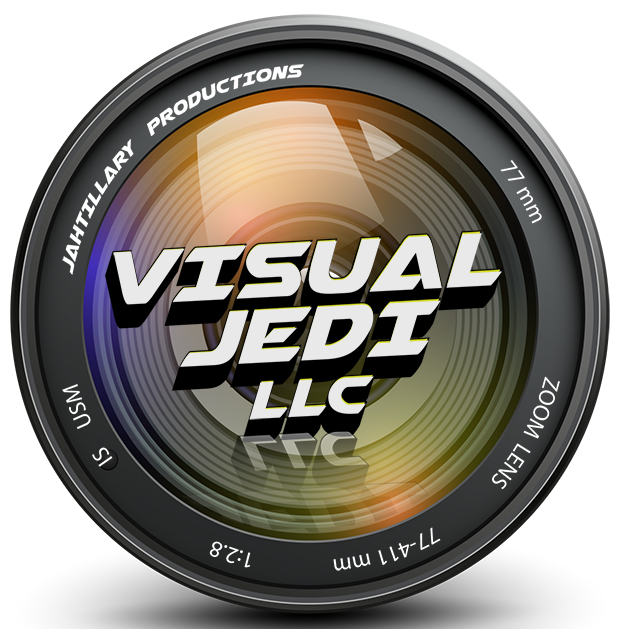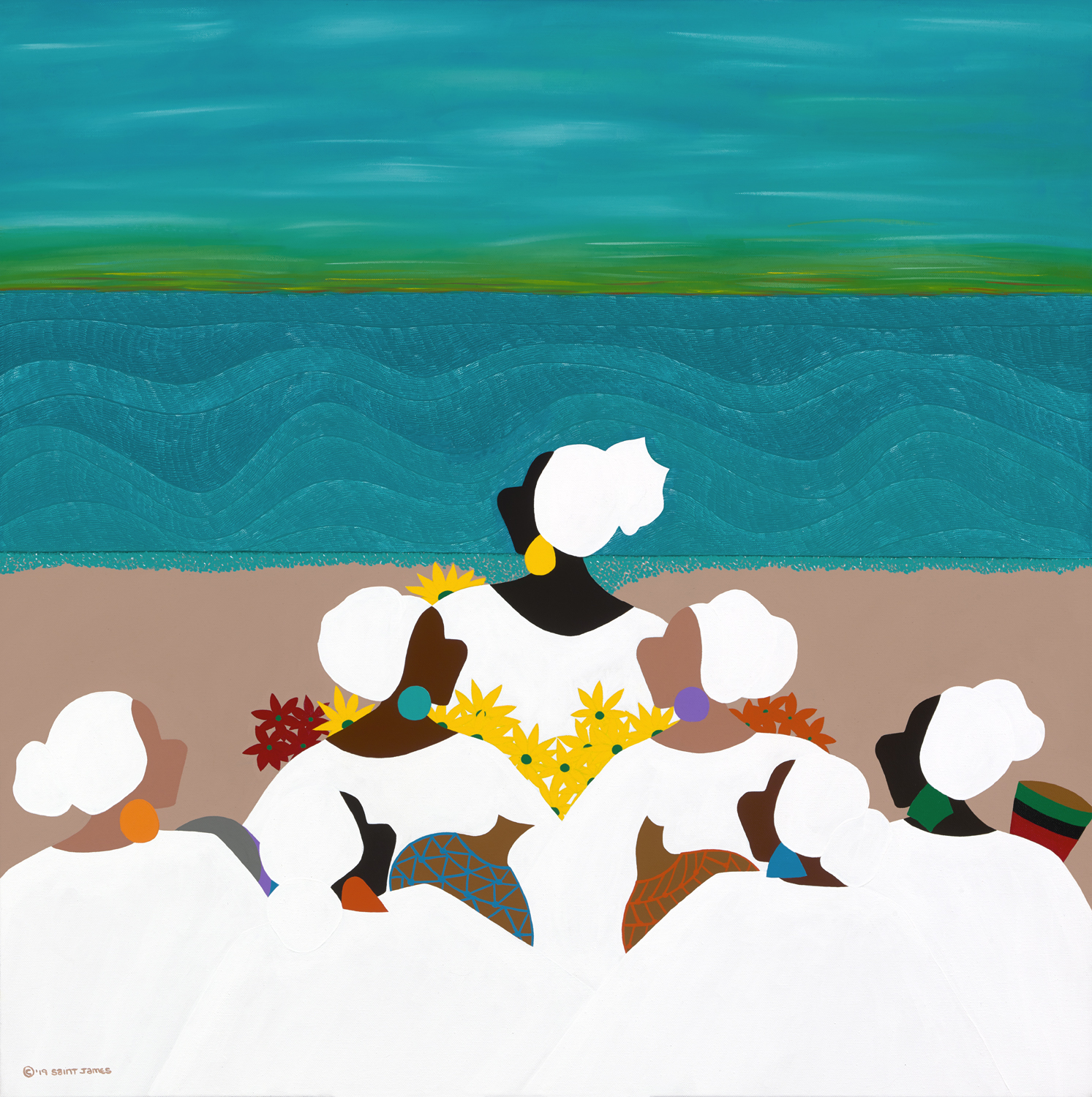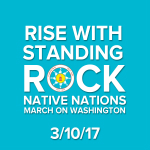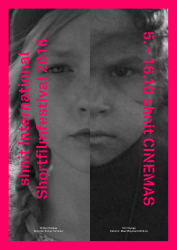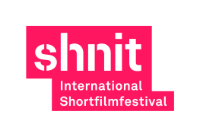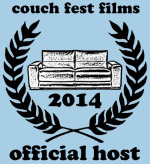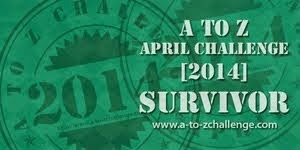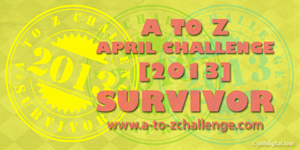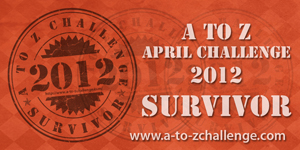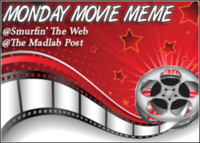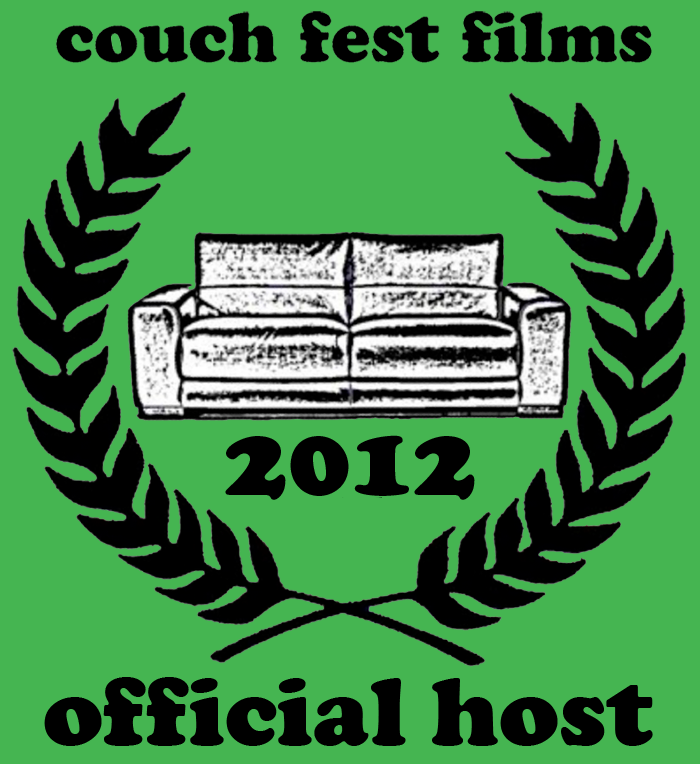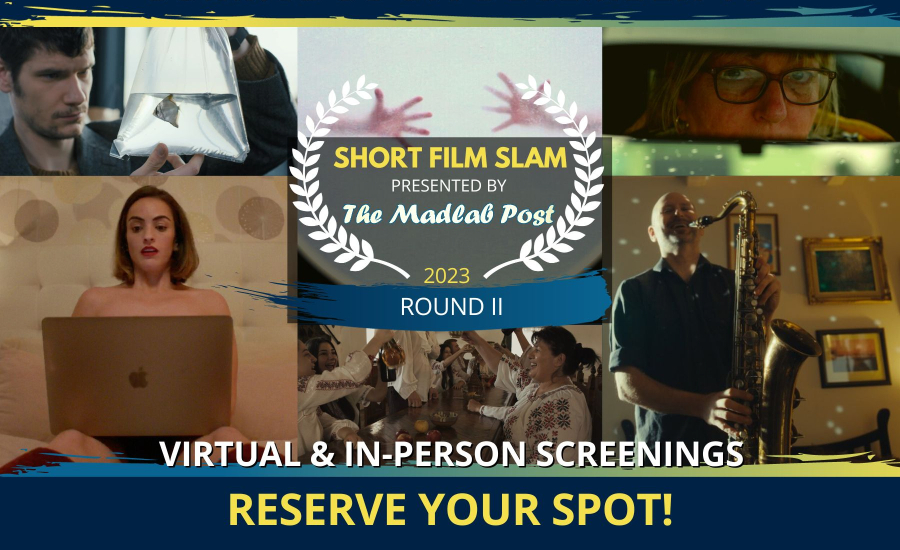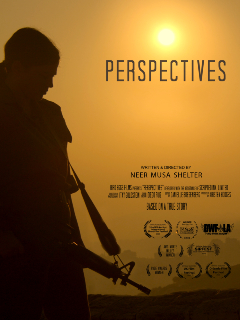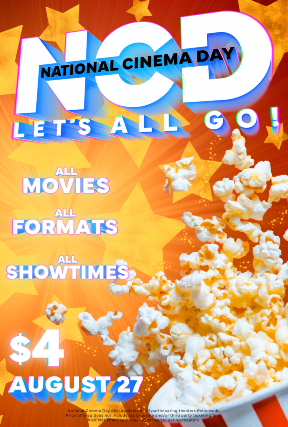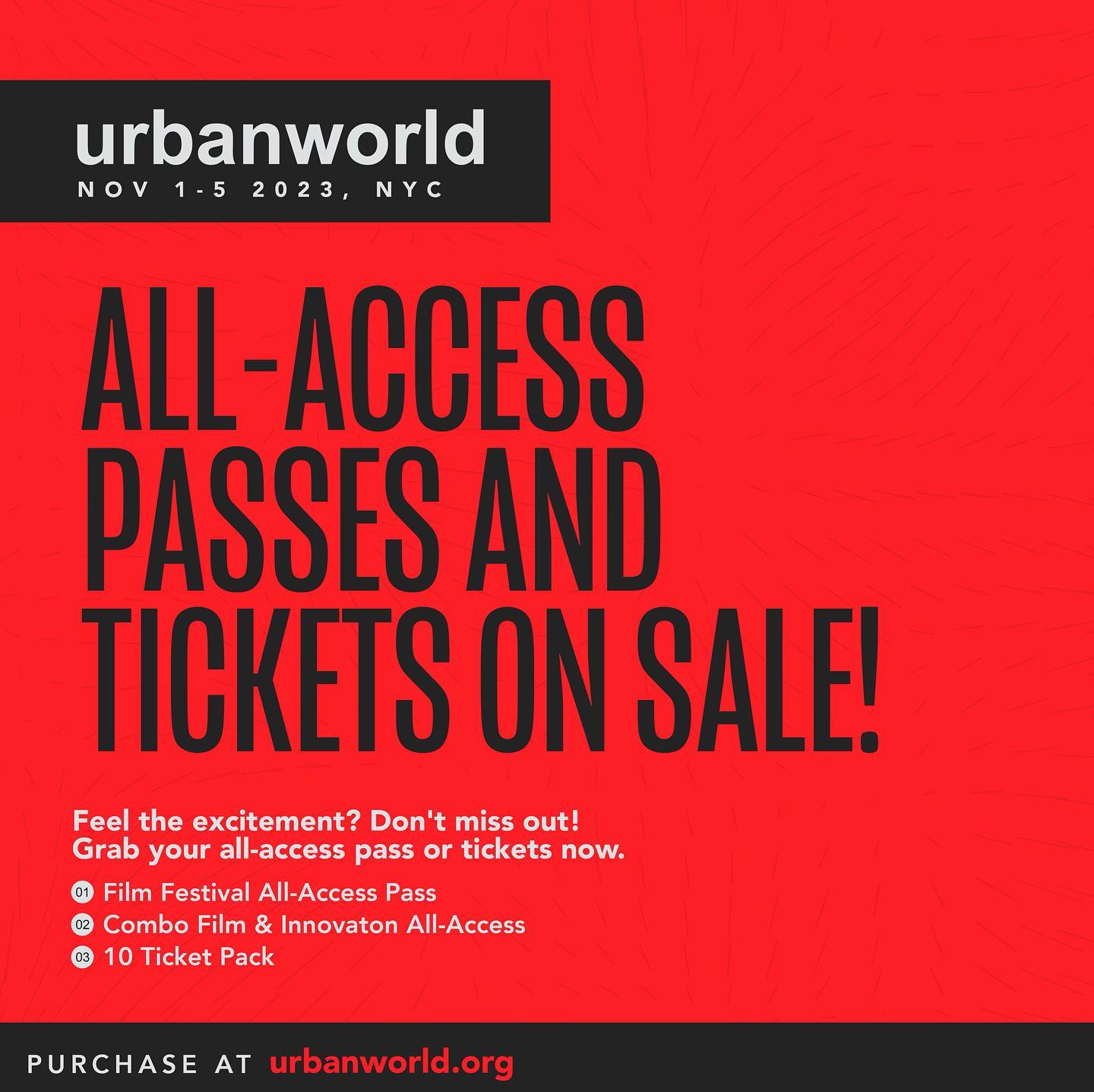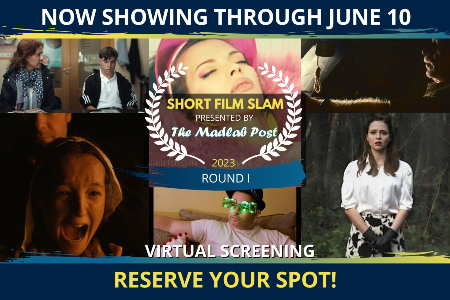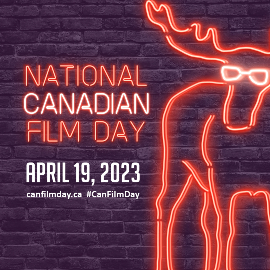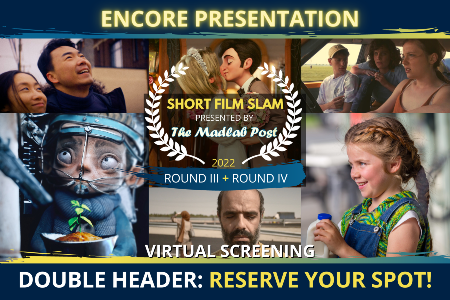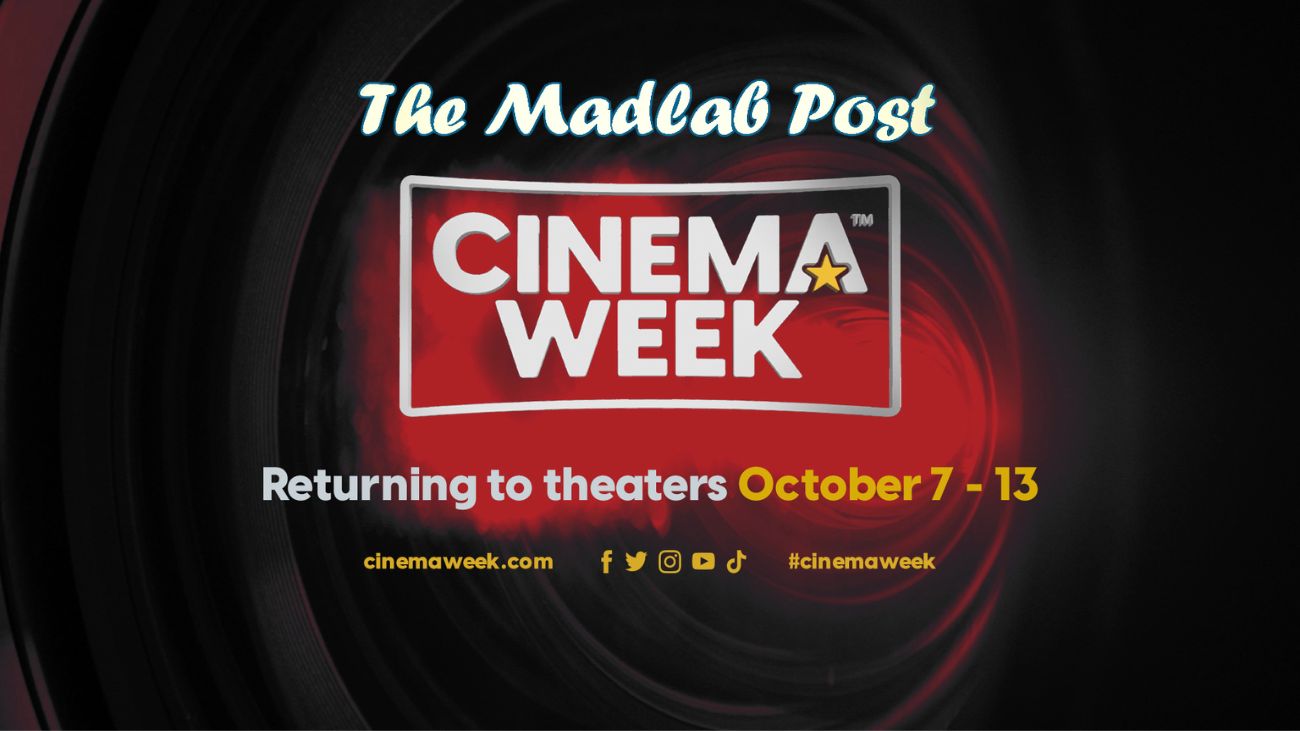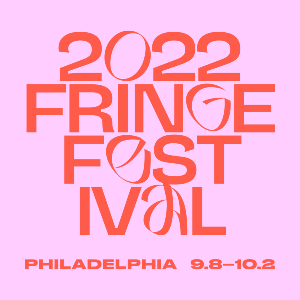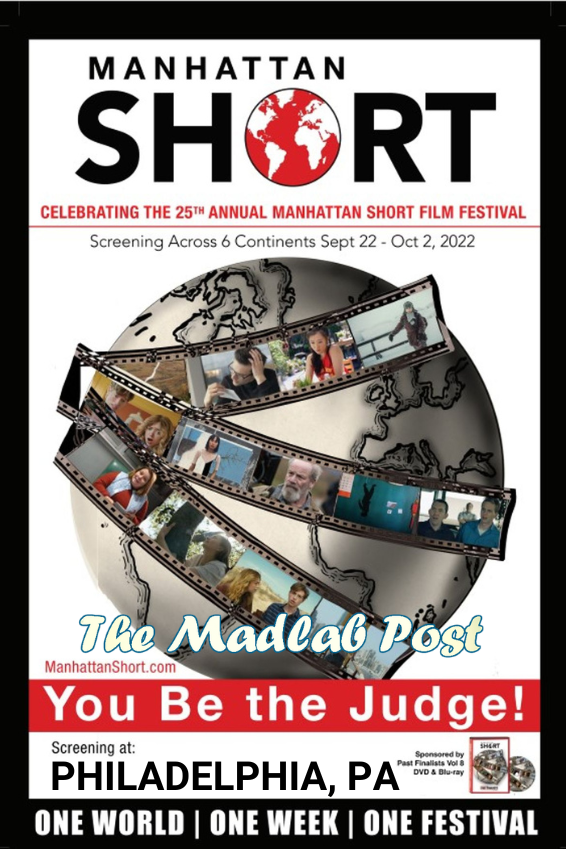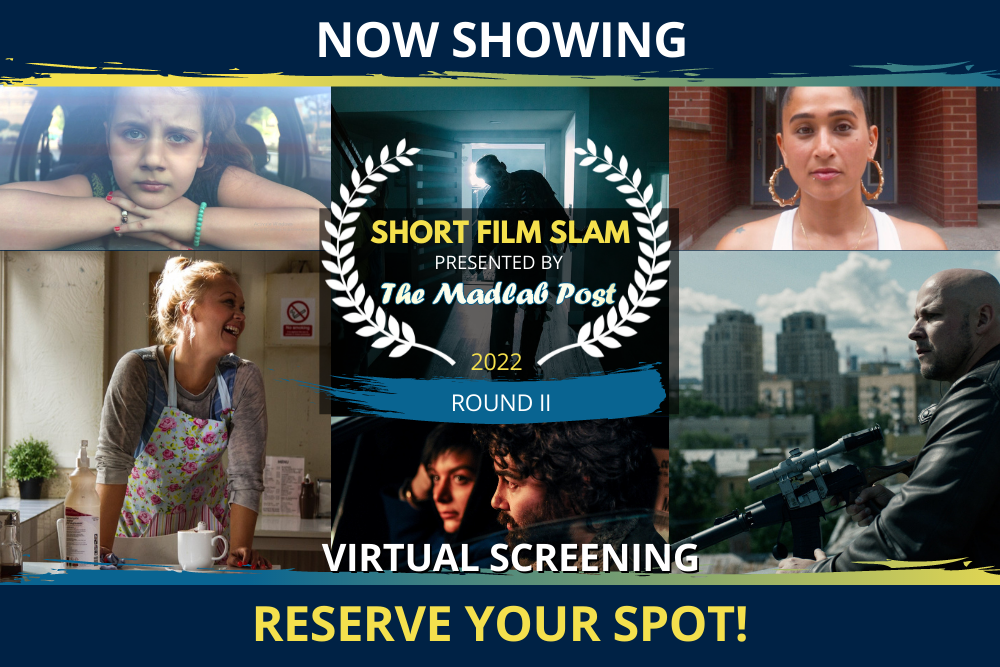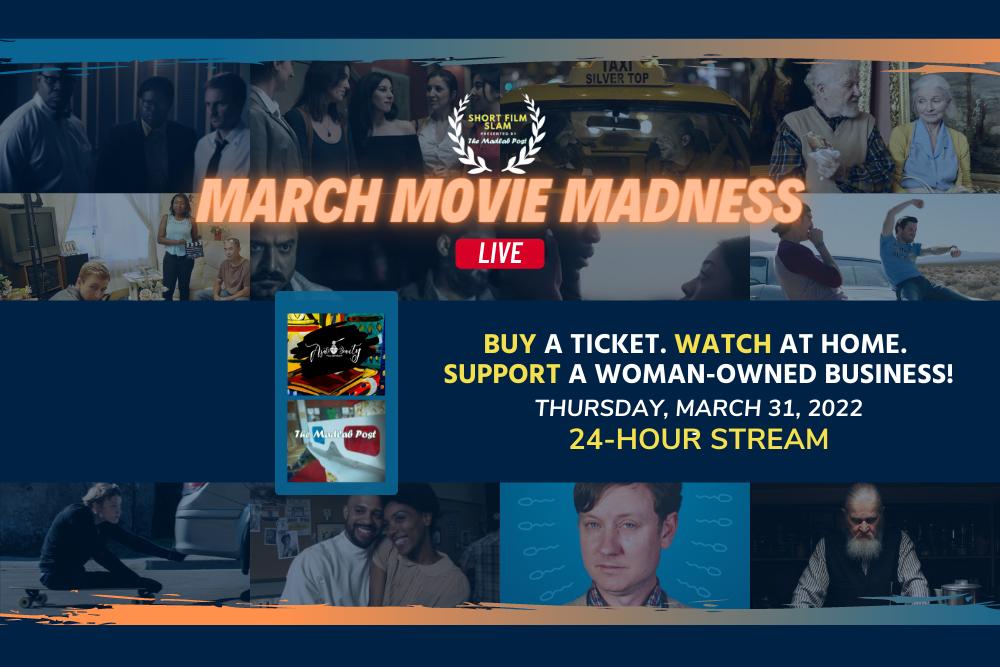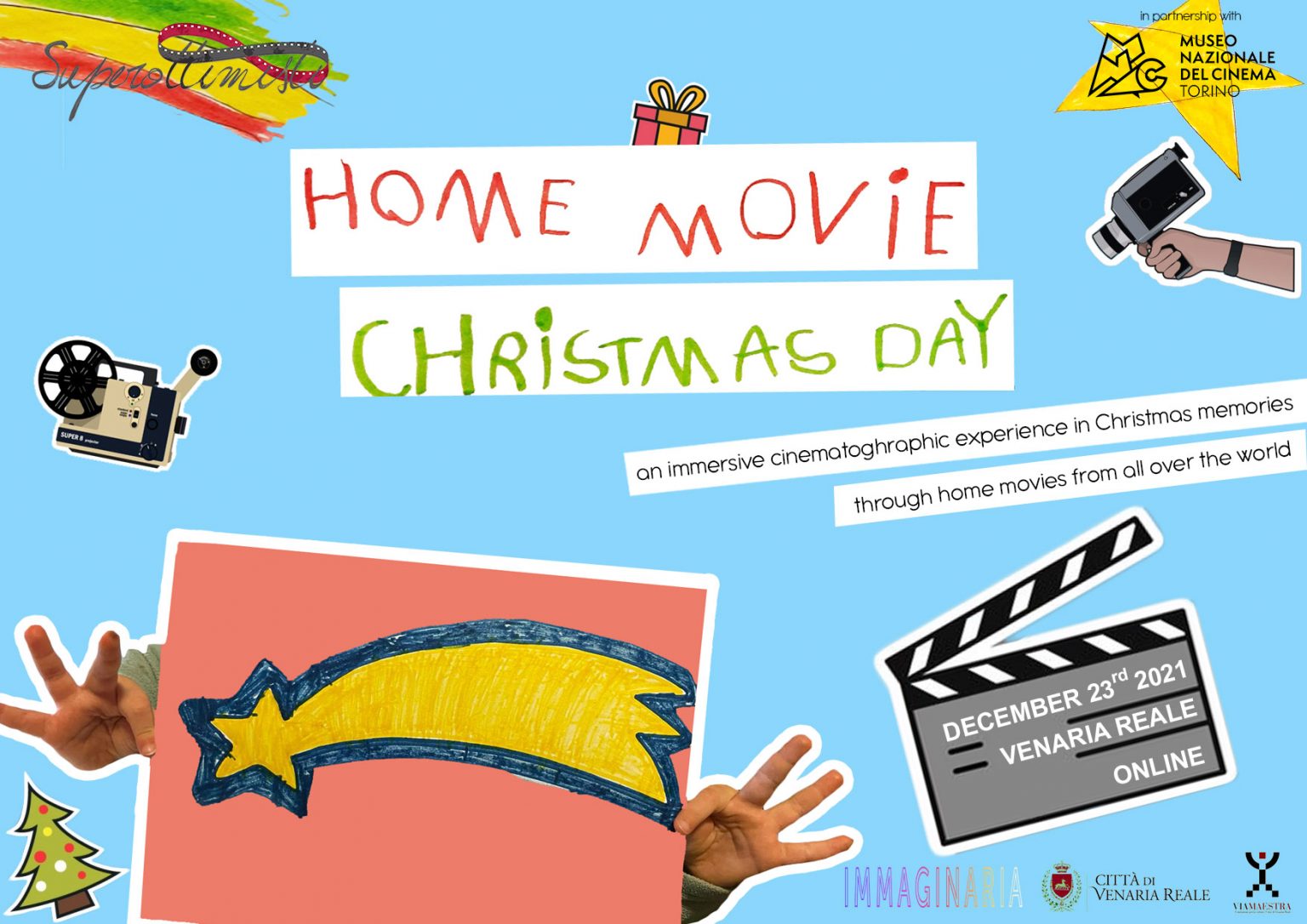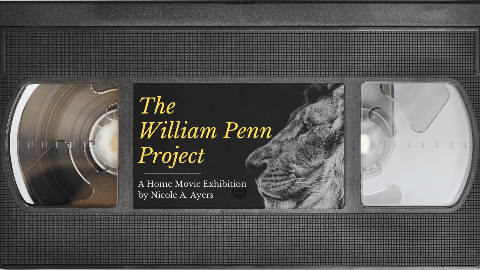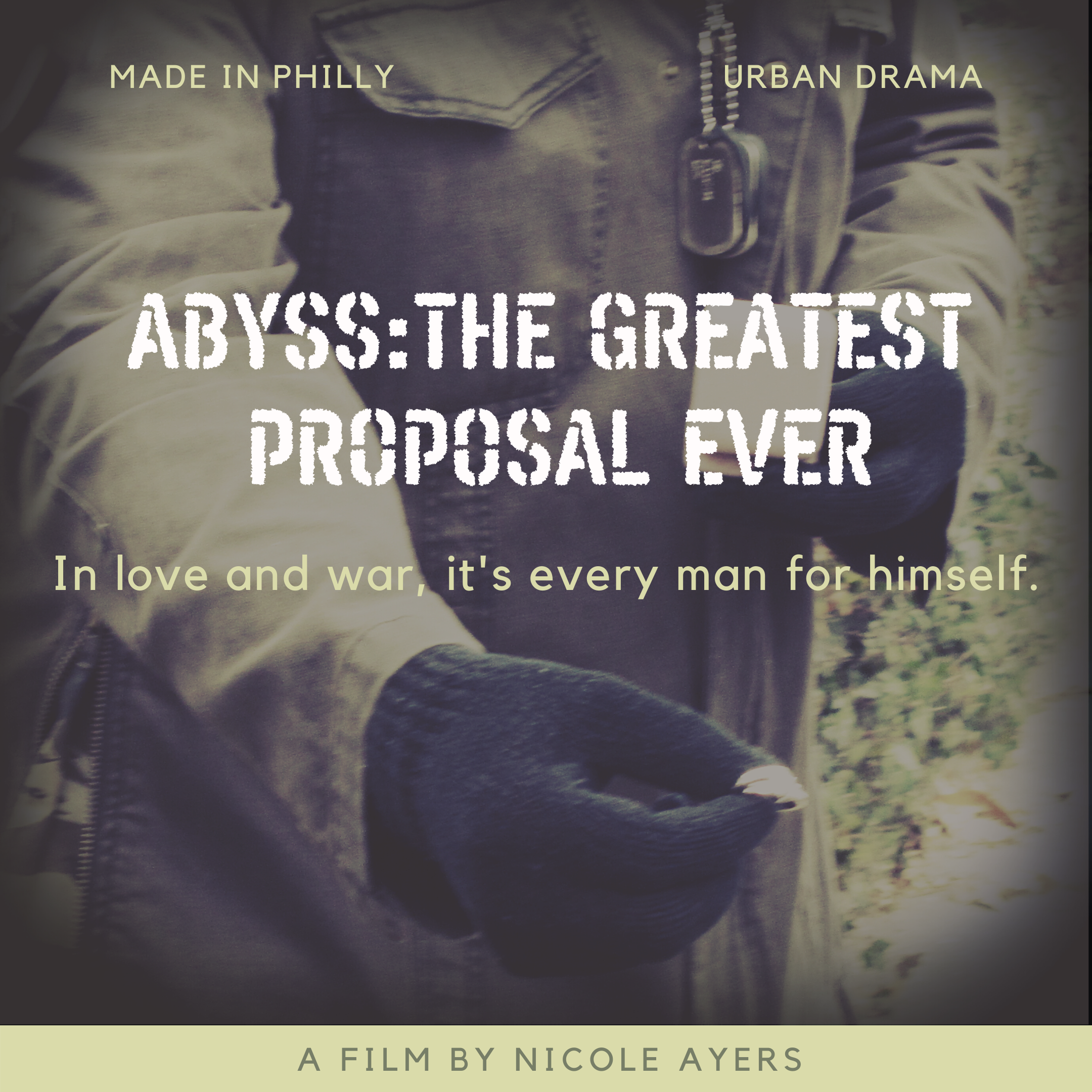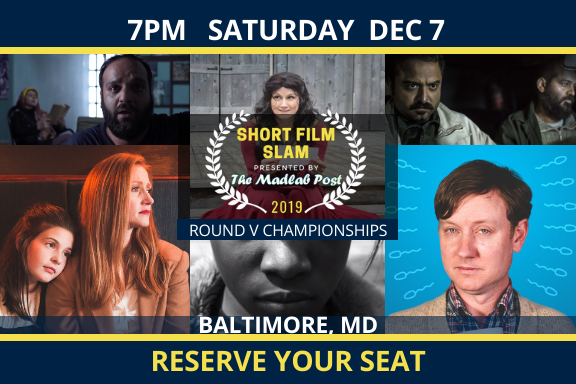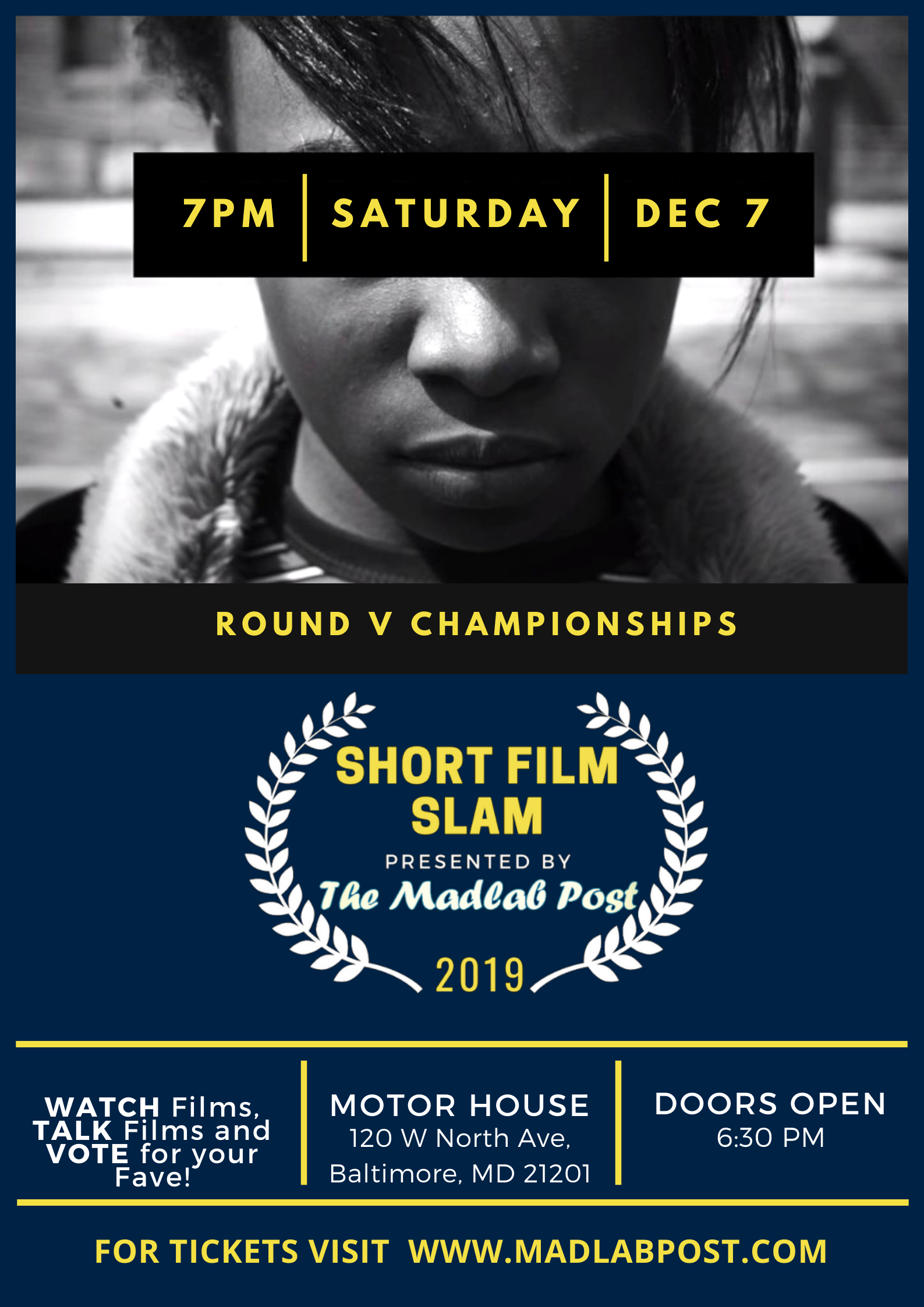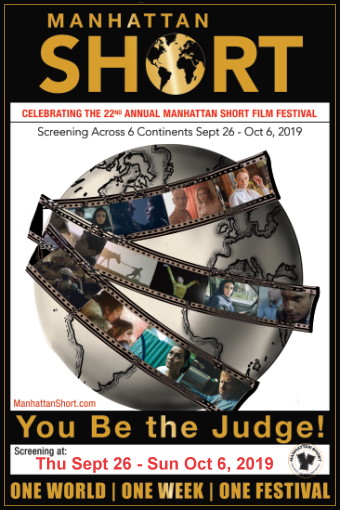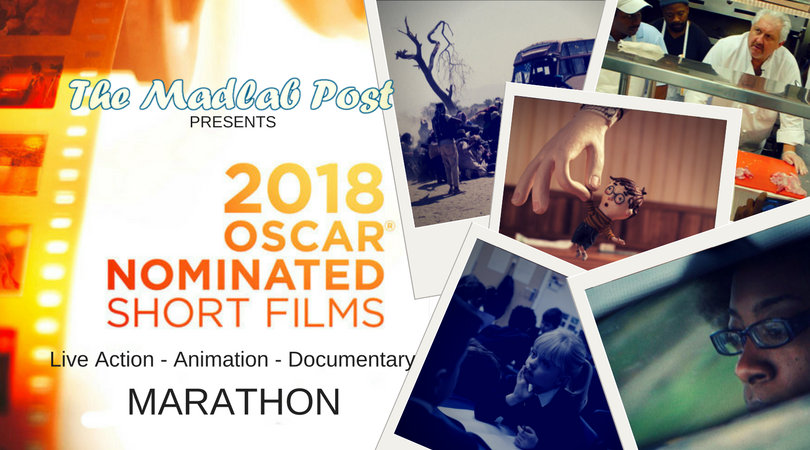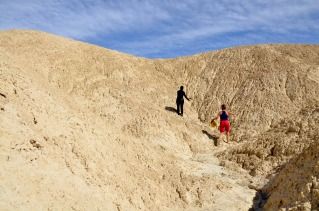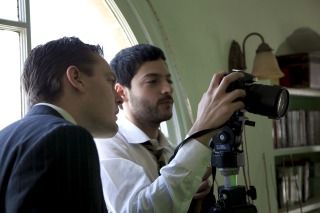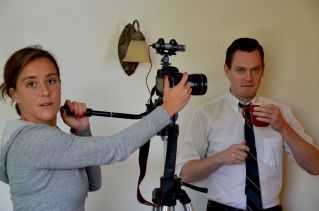‘I’m Fine, Thanks’ Documentary Producer Adam Baker talks Kickstarter, SXSW and Ditching Complacency
 Thursday, June 21, 2012 at 12:06PM
Thursday, June 21, 2012 at 12:06PM 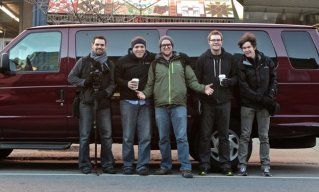 (l-r) Director Grant Peelle, Producer Adam Baker, and "I'm Fine, Thanks" crew.
(l-r) Director Grant Peelle, Producer Adam Baker, and "I'm Fine, Thanks" crew.
The new feature length documentary titled “I’m Fine, Thanks” aims to encourage viewers to make their values a priority.
It was made during a two-month road trip across the country that ended in April and features real stories about the choices we make and paths we decide to follow in life. The documentary also examines whether the factors that drive our major life choices are connected to who we really are individually.
I’m looking forward to watching this movie, which I’ll be receiving in advance next month, along with the rest of the 4,000 backers who pledged to support it on Kickstarter. In the meantime, I had the pleasure of chatting with producer, Adam Baker of Crank Tank Studios about complacency, making movies on the road and the future of “I’m Fine, Thanks.”
How did you meet Grant Peelle and get involved with this documentary?
Grant and I originally met online and then again at the South by Southwest (SXSW) conference in Texas. Our families became quick friends and we knew we'd like to try working on something in the future together. Eventually, we came up with the idea to travel and film the documentary - about a topic that meant something deeply to both of us (and affected both of our lives).
What film festivals do you plan on submitting the movie to once it's Portland, NY and LA premieres are concluded? Also, why did you decide to host three premieres outside of the film festival circuit rather than saving the World Premiere for a specific festival screening?
To be honest, we really aren't sure exactly which film festivals we will participate in during the next year. We have a goal to visit a minimum of 10 or so and know events like the SXSW Film Festival will definitely be on the list. We picked Portland for our World Premiere because it overlaps with the amazing World Domination Summit - A gathering of amazing people that has inspired Grant (the director) and myself.
NYC and L.A. were spread out - and where we had the most demand to schedule and rent a theater for follow-ups.
So, in short, we aren't against the film festival circuit - but wanted to do our own premieres and meetups as well!
Did you find any connections to complacency and debt among the interviews that were conducted during production?
Oh, absolutely. Debt simply makes it THAT much easier to get stuck in a complacent life and work cycle. There were a couple stories where it may have not played a significant role - but the majority of people stuck in this problem are there - at least in part - due to their debt.
The first step my wife and I had to take in our life - was to attack our debt. By lowering the debt and ditching a bunch of our excess stuff, we had the freedom and the room to start making changes in our lifestyle.
Who is responsible for getting L.A. based cinematographer Bryan Olinger on board with the movie and what was your experience like working with him and the additional crew members?
Bryan (as well as team member John Cropper) are all from the same hometown as the director, Grant Peelle, in Ohio. So the initial connection came from that. Working with the crew in general was amazing. It's a tough experience really, to ride around the U.S. for six straight weeks with the same 5 guys in a van. We didn't live luxuriously - sleeping in motels, on air mattresses, and in stranger’s homes some of the time.
All the stress and hassle of the road wouldn't have been manageable without a flexible and skillful crew. The friendships we formed were one of the best outcomes of the whole trip!
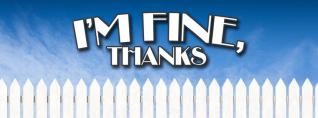 "I'm Fine, Thanks" is coming soon, July 2012
"I'm Fine, Thanks" is coming soon, July 2012
What challenges did you face while traveling across country to film "I'm Fine, Thanks?"
The question is what challenges DIDN'T we face, haha!
We didn't have any of the tour scheduled, when we left for Buffalo. It was THAT crazy. We had a rough idea of who we wanted to talk to, and what cities we'd visit, but we had nothing scheduled. So the first and most reoccurring problem was scheduling interviews, falling behind, arriving too early, and managing the schedules of dozens and dozens of people.
We also didn't have specifics of where we would be staying, sleeping, eating, parking, etc... so, once again, logistics was definitely the most stressing part! Communicating, dealing with the people, and the equipment actually all held up well! We didn't have any breakdown - or major catastrophic issues - despite driving over 10,000 miles!
Of all the Kickstarter backers you have so far, does the majority consist of people you know or have you found more support among strangers? -- Also, why did you choose to fundraise for the post-production and distribution phase of your film using Kickstarter, as opposed to just asking people for money directly, eliminating that all-or-nothing limbo placed on projects listed on Kickstarter?
The majority of backers so far on Kickstarter are strangers (at least I haven't met the far majority of them). Now, I say strangers, but many of these people may have come from existing networks we had previous to launching the campaign (readers of my community online, for example, that I've never met).
The problem with asking people for money directly is... how do you do that? Who do you ask? What platform do you use to get your information across? How do you collect their pledges and show your progress?
The truth is Kickstarter makes this extremely easy for creative types - and that's why they are so popular! It's an easy platform to build a community, demonstrate the importance of your work, and give rewards in exchange. People are becoming more and more familiar with the platform - and the hope is that Kickstarter exposes us to people who may not have found us otherwise. :)
Has an editor been secured for post-production?
I'm not the technical expert of the team, but our edits are mostly using Final Cut to edit the film. Our director is helping with edits, we have an assistant editor on staff, and we've hired the help of an editing studio and story-telling group called StillMotion to help consult and assist on the edit.
So all hands are on deck now - as we prepare for our eventual premiere!
Since the movie is already shot, what role does "storyboarding and planning" play in the next phase of the project?
It's absolutely huge. During a traditional movie, most of the storyboarding may happen before. You have scripted scenes - and have to establish a precise flow but with a documentary - or certainly THIS documentary, we have no idea what flow the specific story will have. We've got hours and hours and hours of footage. Both interview footage, scenic footage, and behind-the-scenes footage.
Now it's our job to tell this emerging story (what we captured) in the most entertaining and impactful way possible. And that's tremendously time consuming!
Do you plan to self-distribute "I'm Fine, Thanks" or work with a distributor?
We aren't against the potential of working with a distributor down the road, but currently we plan to self distribute. We our showing the premiere in three cities before the public release, and then releasing the movie online to the general public. We believe an affordable, open, and digital based distribution plan is the future of the industry - and want to support that.
What one thing can people could do right now to combat complacency in their lives?
Change the people they spend their free time with. From our interviews and experience on the road - the people you surround yourself with have the single biggest influence on the type of lifestyle you live.
By ditching people who hold you back or keep you stagnant - and surrounding yourself with people who lift you up - you can make huge strides very quickly. :)
If you’re reading this, YOU can join me in helping "I'm Fine, Thanks" claim the record of being the Most Backed Documentary on Kickstarter, in history. The campaign ends in less than 48 hours and every dollar (literally -- $1 pledges are being accepted!) counts.
Do YOU feel complacency creeping up in any area of your life?
When was the last time you went on a road trip?







